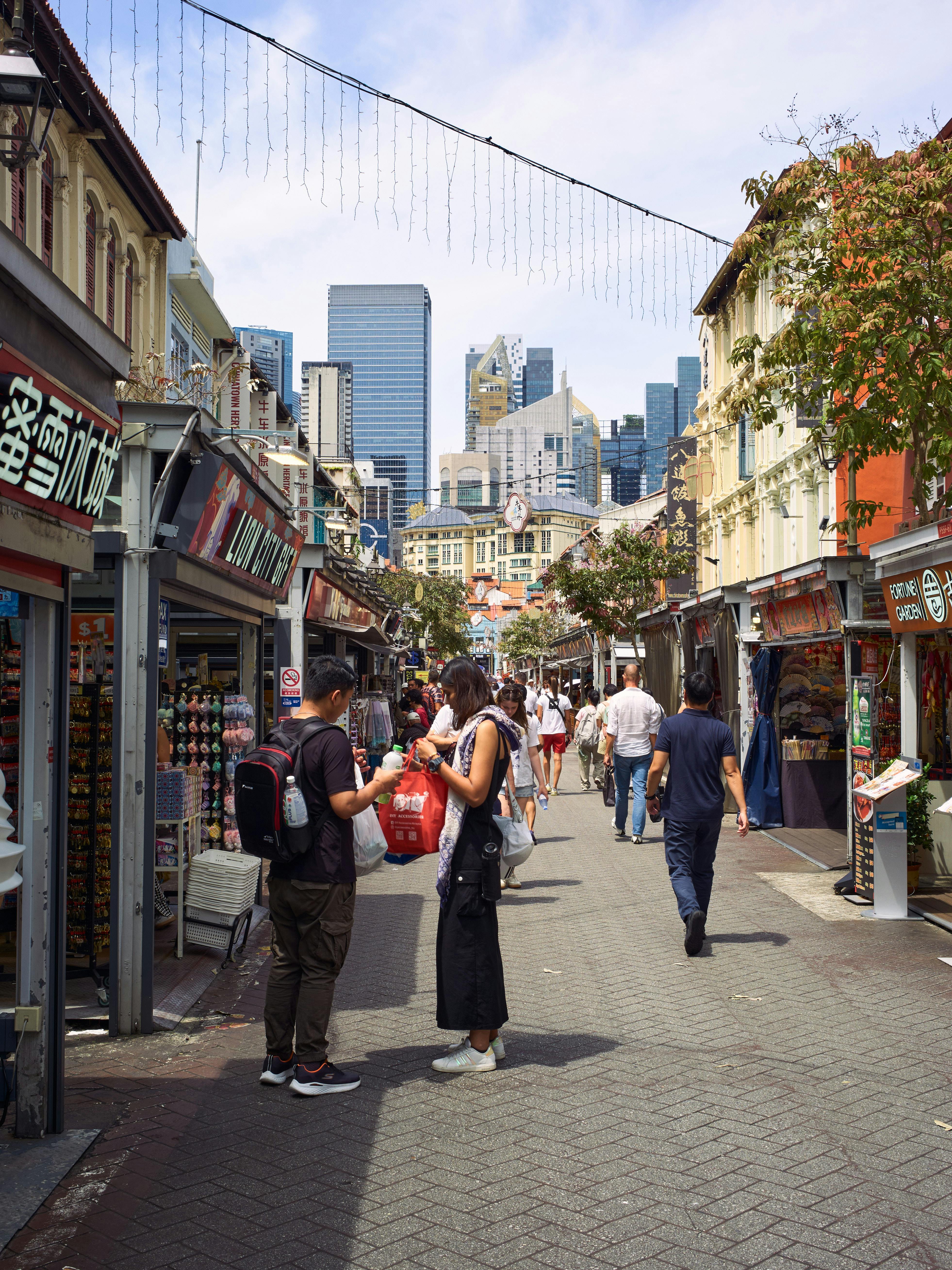Travel opens the door to adventure, but it also exposes you to risks you might not face at home. Among the most frustrating are scams, which can quickly turn an otherwise enjoyable trip into an expensive or stressful memory. Scammers often target tourists because they know visitors may be unfamiliar with local customs, currency, or transportation systems.
The good news is that most scams can be avoided with awareness and preparation. By learning the common tricks and knowing how to spot them, you’ll feel more confident wherever you go. These aren’t meant to scare you away from exploring but to arm you with practical knowledge so you can enjoy your travels with peace of mind.
1. The Overpriced Taxi Ride

One of the most common travel scams involves taxis without meters or drivers who take unnecessarily long routes. Tourists are often quoted inflated prices, especially at airports or train stations. Sometimes, drivers may even insist that your hotel is closed or far away to justify the cost of taking you elsewhere.
To avoid this, always confirm whether the taxi uses a meter before getting in. In cities where taxis are known for overcharging, research trusted ride-hailing apps or pre-book transfers through your hotel. Knowing the approximate fare in advance, even just from a quick search, prevents you from being taken advantage of.
2. The “Closed” Attraction Trick
Scammers near popular landmarks may approach you to say the site is closed for the day, under renovation, or at lunch break. They’ll then suggest taking you to a “better” attraction, often an overpriced shop, a friend’s restaurant, or a low-value tour where they earn commission.
The best way to counter this is to check official opening hours before your visit. If someone tells you a place is closed, don’t take their word for it,walk up to the entrance yourself. Politely decline offers of “alternative activities” and continue with your original plan.
3. Pickpockets in Crowded Areas
Pickpocketing thrives in crowded places like train stations, markets, or tourist attractions. Scammers may create distractions, such as spilling something on you or staging a commotion, while an accomplice relieves you of your belongings. Bags slung over one shoulder or open backpacks are easy targets.
Staying alert is the simplest defense. Keep valuables in a money belt or crossbody bag with zippers facing inward. Be extra cautious when strangers suddenly engage you in conversation or try to help in unexpected ways. A few small precautions go a long way in protecting your belongings.
4. Fake Petition or Donation Requests

In many cities, travelers are approached by people with clipboards asking for signatures on petitions or donations for charities. While they may seem legitimate, their real intent is often to distract you while an accomplice pickpockets, or to pressure you into giving cash for a non-existent cause.
The best response is a polite but firm refusal. Avoid taking the pen, clipboard, or pamphlet, as this signals interest and can make it harder to disengage. If you’d like to support local charities, research established organizations rather than giving money on the spot.
5. “Helpful” Strangers at ATMs or Ticket Machines

Another common scam involves strangers offering unsolicited help at ATMs, train ticket machines, or public transport kiosks. While they appear to assist, they may be memorizing your PIN, tampering with the machine, or directing you to pay more than necessary.
Always use official machines in well-lit areas, preferably inside banks or stations. Decline help and take your time to read instructions carefully. If someone insists on hovering nearby, cancel the transaction and move on. Trust your instincts,if the situation feels off, it probably is.
6. The Fake Police Officer
In some destinations, scammers pose as police officers, flashing fake badges and demanding to see your passport or wallet. They may accuse you of breaking a law or carrying counterfeit bills, pressuring you into handing over cash as a “fine.”
Real police usually don’t ask for money on the spot. If approached, stay calm and request to see official identification. Offer to accompany them to the nearest police station rather than complying on the street. Keeping photocopies of important documents, while storing the originals safely, also minimizes risk.
7. Free Gifts That Aren’t Free

Whether it’s a bracelet, flower, or trinket, scammers sometimes place items in your hand or around your wrist, insisting it’s a gift. Moments later, they demand payment, sometimes aggressively. This scam often happens in tourist-heavy squares or near monuments.
The solution is simple: don’t accept unsolicited items. If someone tries to put something on you, hand it back immediately and walk away. A firm “no, thank you” with no hesitation works best. Staying aware of this tactic prevents you from being caught off guard.
Staying One Step Ahead
While scams are an unfortunate reality of travel, they don’t have to define your experience. Most involve small tricks that lose their power once you recognize them. By staying alert, doing a bit of research, and trusting your instincts, you can avoid the most common pitfalls.
Travel is about discovery, not worry. When you know how to protect yourself, you’ll spend less time stressing over scams and more time enjoying the adventure. Awareness is your best shield, and with it, you can explore the world on your terms.

